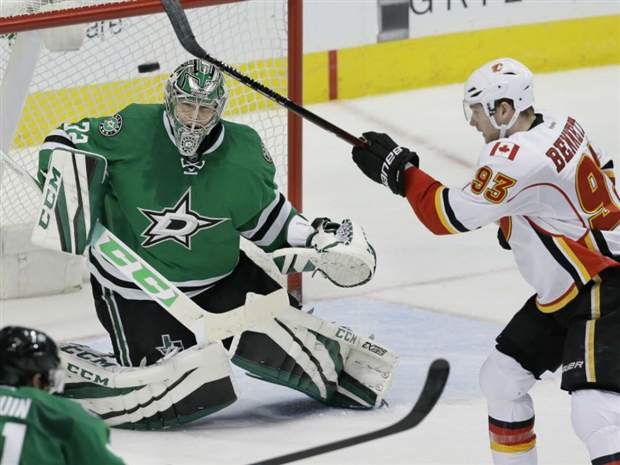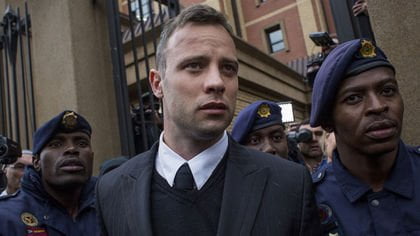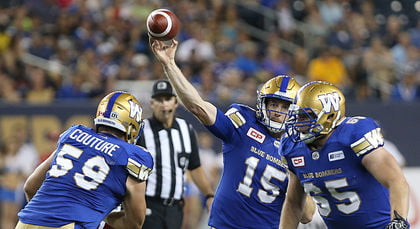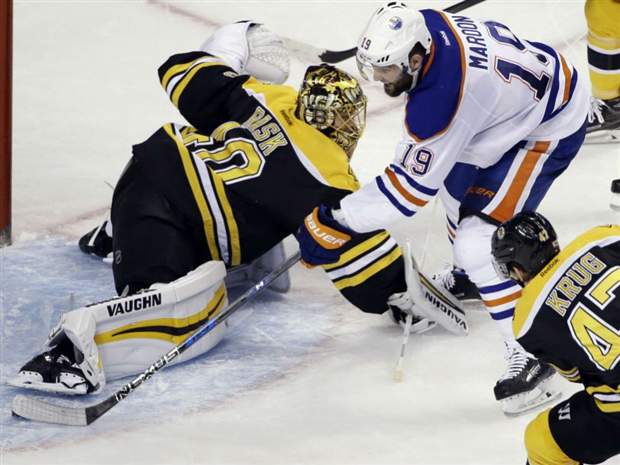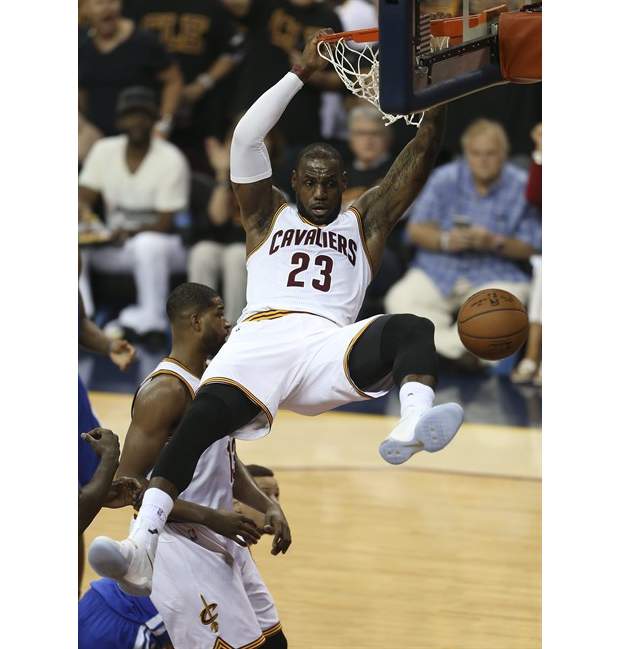The Absence of Stars Like LeBron James or Adam Scott Actually Make Olympics Better
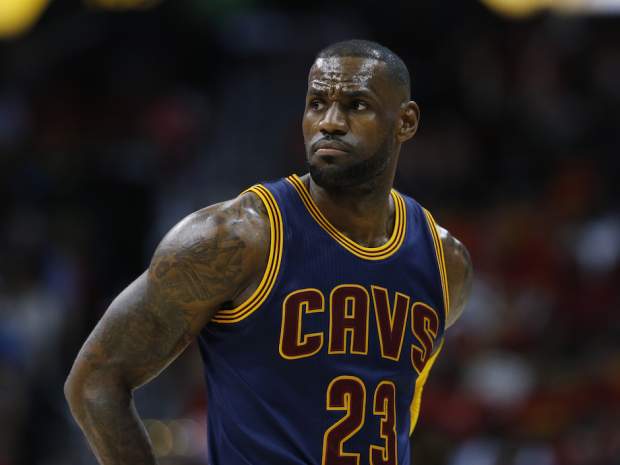
RIO DE JANEIRO — When Rory McIlroy decided last month that he would rather stay home than become an Olympian, his spot in Rio was assumed by Seamus Power, who is in fact a professional golfer and not, as the name might suggest, an Irish superhero.
When Adam Scott and Jason Day pulled out, the Australian stars were replaced by Scott Hend and Marcus Fraser. That would be 23 combined PGA Tour wins replaced by a combined zero.
The reigning two-time MVP of the NBA, Steph Curry, who is the most popular player on the planet since peak Kobe, didn’t come, nor did LeBron James, who is the only other player in Curry’s orbit.
But the absence of so many global professional stars, from golf, tennis, and basketball, primarily, has resulted in a very clear dynamic: the biggest moments here will unquestionably be provided by traditionally amateur sports, if you can call people who make millions in endorsements, amateurs. And for the Olympics, that’s undoubtedly a good thing.
Two of the most high-profile Olympians ever, Usain Bolt and Michael Phelps, are entering what should be their final Games. Neither is attempting to do anything but add to their already record-breaking achievements; Bolt has won six straight Olympic sprinting gold medals and Phelps has amassed 22 Olympic medals, 18 of them gold, in the pool. They are seeking to go from the unthinkable to the flat-out preposterous, and their final races will be one of the few moments when the cacophony of Rio comes to a halt to watch.t’s kind of pleasing: a runner and a swimmer, competing in sports in which the only obstacle is a stopwatch, the purest expression of the Olympic ideal. Coming at a Games in which the inclusion of golf has turned into a farce, at least on the men’s side, and as the International Olympic Committee announced that the next summer Games, in Tokyo, will include recreational pastimes such as rock climbing and surfing, Bolt and Phelps remind everyone that the Olympics were once more about simple competition than they were about branding and appealing to the demographic that communicates in emoticons and LOLs.
But after their towering presences, Rio 2016 should also belong to the women. There’s something pleasing about that, too, since the Olympics are the rare sporting event where a difference in gender does not make for a dramatic difference in the profile of the event. And these Games should have no lack of women in the spotlight. Simone Biles, the American gymnast, leads a prodigiously talented team but she should command much attention herself. She is the two-time defending world champion in four events and could win five medals here. She is also three apples tall.
Katie Ledecky, the American swimmer who blew away the field as a 15-year-old in London, is now the holder of 10 world championship golds and the world record at three distances. Once Phelps retires (again), she will assume the mantle as the biggest star in the American pool, and she might even do it before these Games end.
Shelly-Ann Fraser-Pryce, the Jamaican sprinter, would similarly be a much bigger deal if not for the fact that she runs in the shadow of her more famous compatriot. But she’s remarkable on her own. She’s the two-time defending Olympic champion at 100 metres; no woman has ever won three in a row. She also has a realistic shot at three golds. And she is about 3.5 apples tall.
Though it only happens every four years, the Olympics put these women, and many others, alongside the men in the headlines and on the sports pages. Women are able to compete at the highest pro level in tennis, and to an extent in basketball and golf, but at a much smaller scale than the men — witness the perfect attendance record of the LPGA stars who qualified for Rio, since this is such a big stage for them — but in almost all other sports they can compete as amateurs, and then hope to scrape by with some low-paying years in leagues that would be considered semi-pro if men played in them. Much of this is cultural: Canada and the United States love their national hockey teams, but the rest of the world doesn’t encourage girls to chase pucks around the ice. It’s the same deal with soccer in many countries.
Here, for two weeks at least, the women can be stars. From the amateurs like Biles and Ledecky to, of course, a pro like Serena Williams, defending Olympic champion and current holder of 22 Grand Slam titles, which makes her the winningest tennis player here in Brazil, male or female. Williams, though, doesn’t feel like the story of these Games, whatever she does. She’s won so much at so many events that another gold — she also has three from doubles play with sister Venus — would do little other than force her to reorganize the trophy case again.
It’s the amateurs, the old-school Olympians, who are poised to be the stars of Rio 2016. Which, really, is as it should be.





